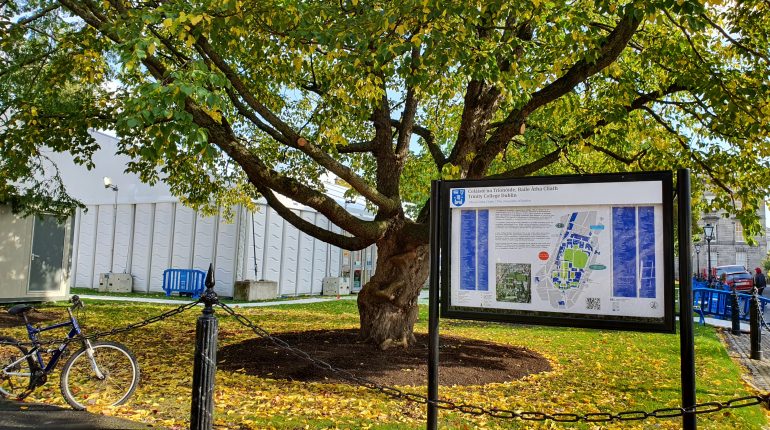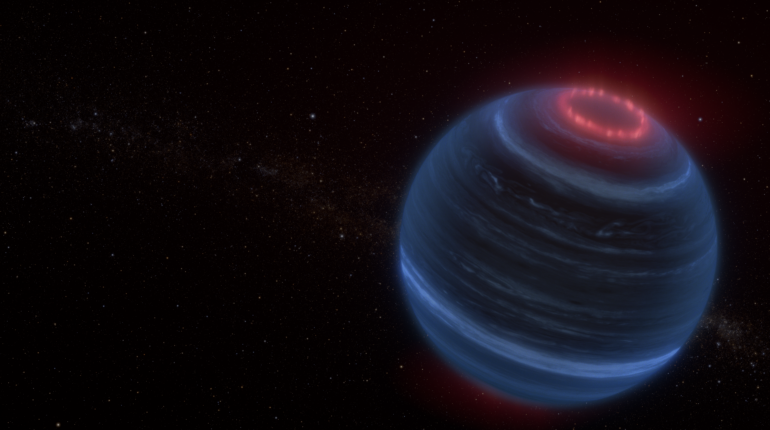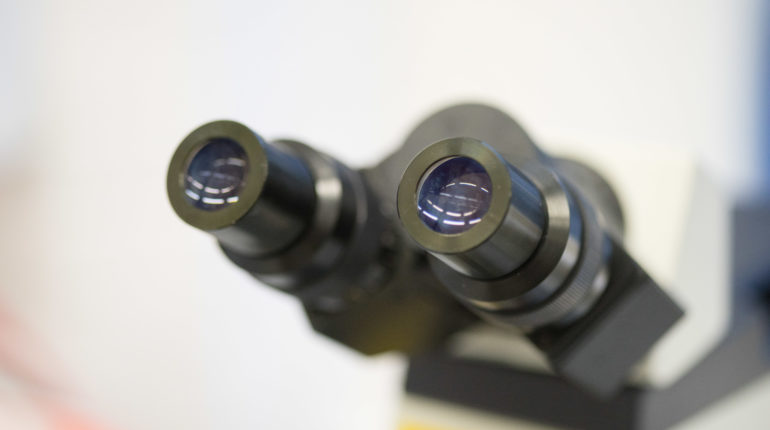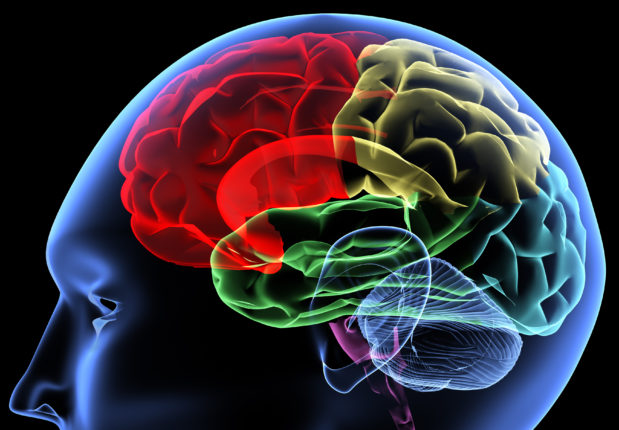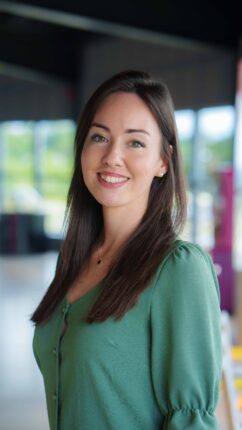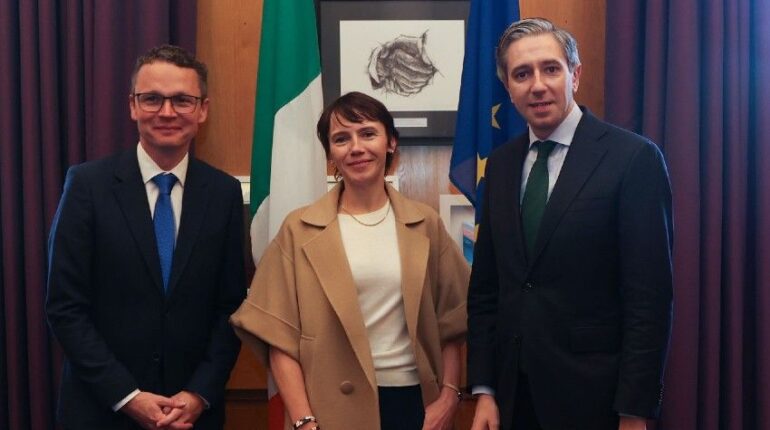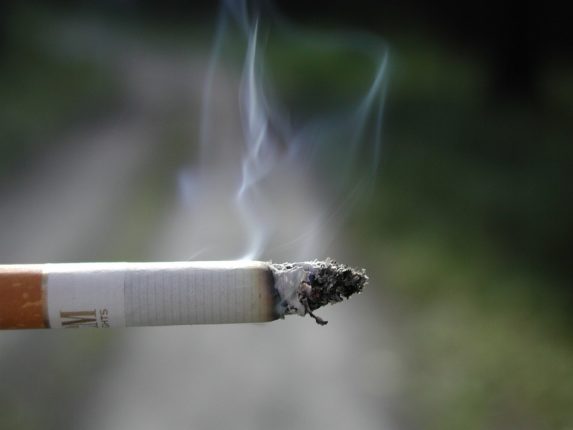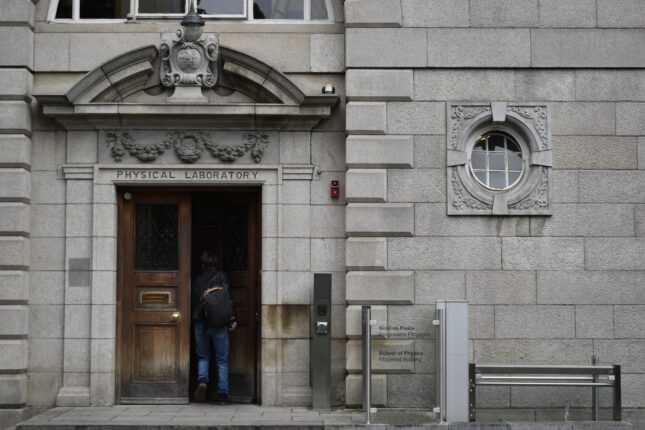SciTech Archives – Trinity News (original) (raw)
09 NOV
The Chemistry of Autumn Colours
The science behind College’s autumnal colour palette
Walking around campus these days, we can admire a beautiful autumnal landscape. As we walk through the main gate and into the Parliament Square, we find two Erman’s birch (Betula ermanii), with light yellow hues. Moving towards the …
06 NOV
How Trinity researchers are leading the search for life beyond our solar system
Emily Haughton sits down with planetary scientist and recent ERC grant recipient Dr. Johanna Vos
Dr Johanna Vos of the School of Physics has been awarded the prestigious Starting Grant from the European Research Council (ERC) for her research project “Exometeorology: Probing Extrasolar Atmospheres” (Exo-PEA). The grant draws funding from the EU’s Horizon Europe programme …
25 OCT
Study or Rest? The dangers of sleep deprivation
A look into the effects of sleep on the body and mind of the student
Every student has sacrificed sleep at least once in their life, whether it was to study or to finish an assignment. The great importance of a good night’s rest is often forgotten, with the rush of last minute revision being …
17 OCT
All eyes on glaucoma
A look into a promising gene therapy for degenerative eye disease in development by Trinity genetics team
Glaucoma is the leading cause of irreversible blindness around the globe. With population growth, aging demographics, and urbanisation, roughly 110 million people worldwide are expected to have glaucoma by 2040. This stark projection highlights the need for effective glaucoma treatment, …
16 OCT
Trinity study reveals that self-assessment is a stronger indicator of dementia risk than standard tests
The study conducted by the the School of Psychology utilised data from over 3,000 participants
A new study from Trinity’s School of Psychology has found that individuals’ self-perception of their memory may be a stronger predictor of dementia risk than their performance on standard cognitive tests.
Published in Alzheimer’s & Dementia: The Journal of the …
12 OCT
The importance of open science: in conversation with Dr Ailís O’Carroll
Immunology alumna talks science accessibililty and communication
Trinity News sits down with immunology alumna Dr Ailís O’Carroll to discuss her passion for open science and engagement.
The general aim of open science, Dr Ailis O’Carroll explains, “is making knowledge and research as open, as accessible, as equitable …
10 OCT
Chair of Evolutionary Genetics in Trinity appointed Government Science Advisor
The appointment of Professor Aoife McLysaght to the role was announced on Tuesday
The Department of Further and Higher Education, Research, Innovation, and Science has announced the appointment of Trinity Professor and Chair of Evolutionary Genetics Aoife McLysaght to the new position of Government Science Advisor.
As Government Science Advisor, Prof. McLysaght will …
08 OCT
Trinity study links lower attention spans in teenage years with substance abuse later in life
The study found that participants with lower attention spans at 14 were more likely to use cigarettes or cannabis at age 23
A recent study conducted in part by Trinity’s School of Psychology and School of Medicine, has found that adolescents with poor sustained attention spans are more vulnerable to substance abuse later in life.
The study, which was conducted alongside the …
04 OCT
The Climate+ Co-Centre: a beacon of hope in a cloud of climate confusion
A look into a promising new Trinity research centre
From dismal green weeks to carbon-creating investors, College has given its students multiple grounds for their recent accusations of greenwashing – the act of using misleading claims to make an organisation seem more environmentally friendly than it is. To combat …
01 OCT
School of physics celebrates 300 years
A look back on three centuries of teaching
This year marks the 300th anniversary of Trinity’s school of physics. The school, like College itself, has undergone tremendous change since its inception in 1724. Let’s wind back the clock three hundred years and see where we land.
The Erasmus …
